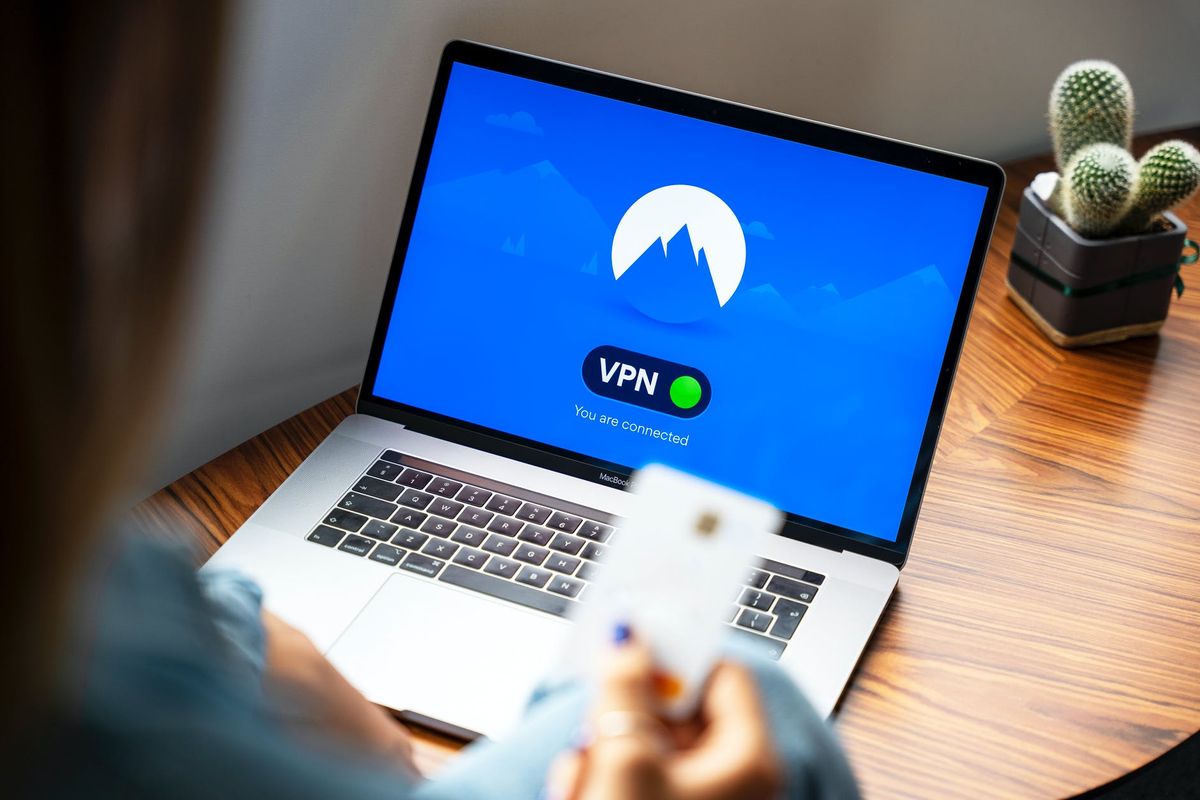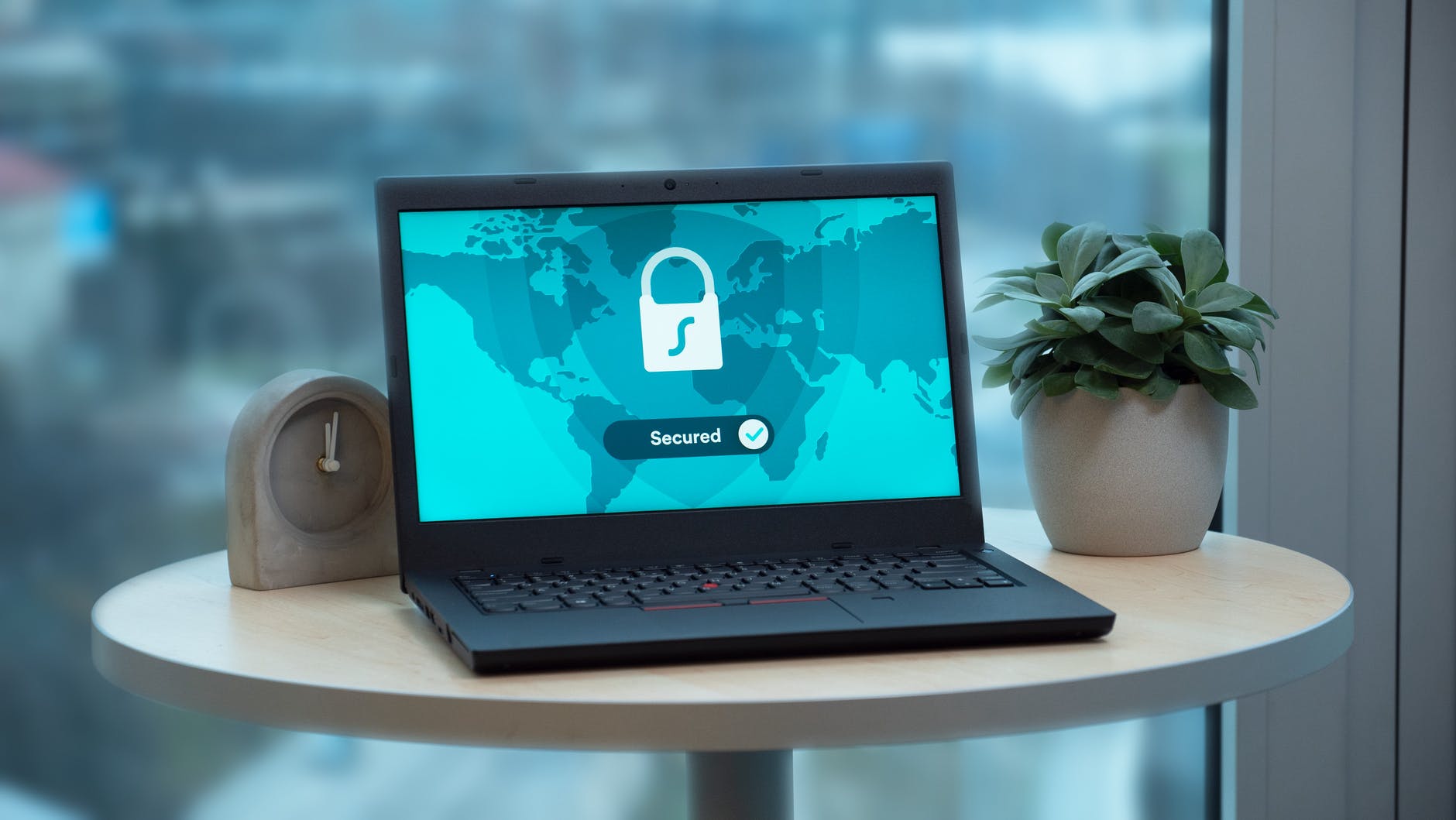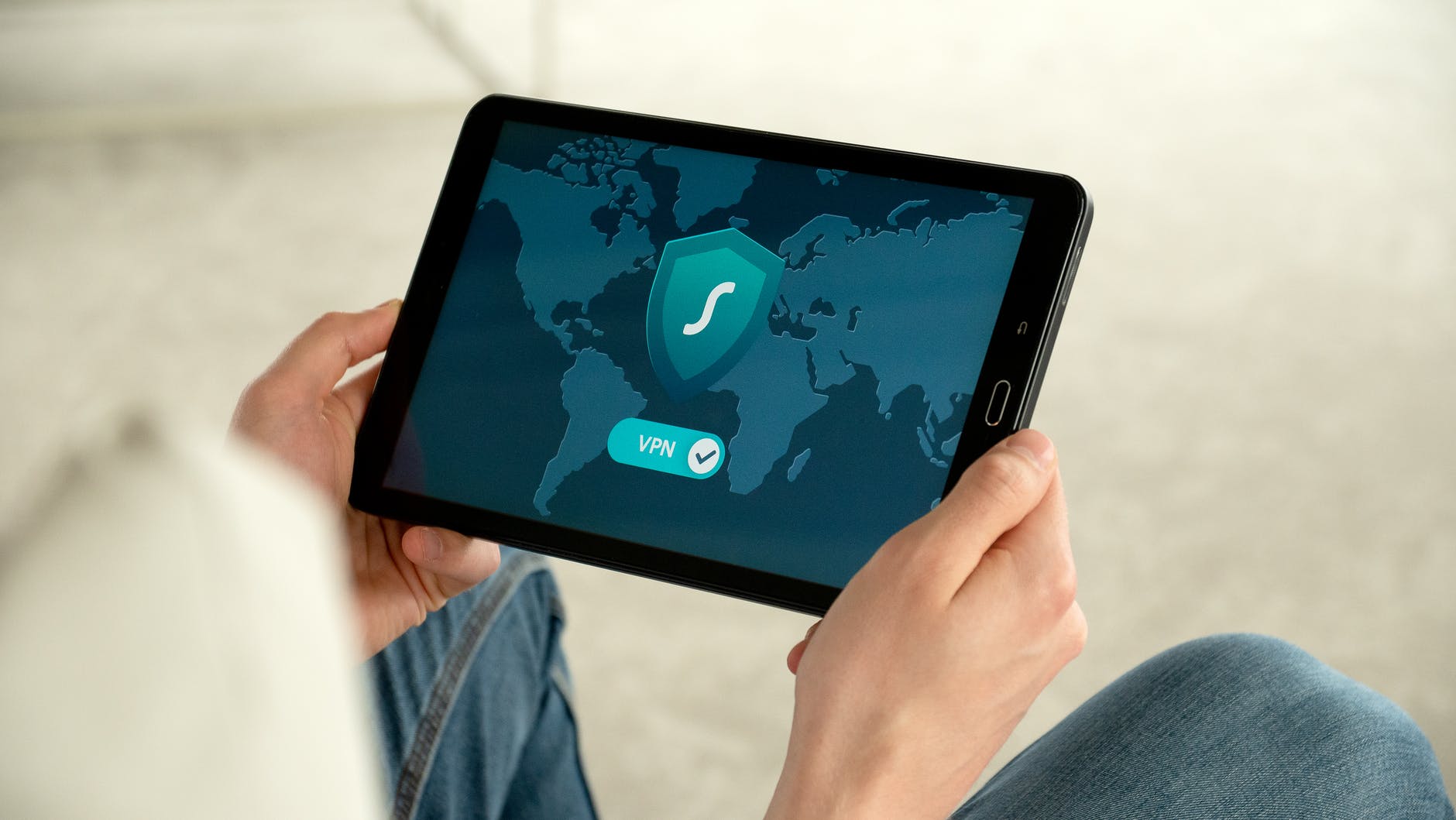What is a VPN, and do you need one?

A few minutes every morning is all you need.
Stay up to date on the world's Headlines and Human Stories. It's fun, it's factual, it's fluff-free.
If you’re reading this right now, that means you have internet access, probably on a personal device like a smartphone or a laptop. So much of what we do nowadays requires putting vital information online. We bank online, shop, even renew our licenses online. And every time one of these interactions or transactions occurs, valuable personal information goes out onto the net. If someone gets ahold of your personal information, that could mean credit card fraud or even identity theft.
Most of the time, we can be reassured that our personal info is safe through the use of private servers and platforms, but that is not always the case. However, one tool has become popular to combat cybersecurity concerns: virtual private networks, or VPNs. The technology for VPNs emerged about 25 years ago, and they were first used to encrypt corporate communications. However, the term VPN has become mainstream for consumers all over.
So, what is a VPN, and how do they work? And do you need one? To answer these questions, TMS spoke with Therese Schachner, a cybersecurity consultant at VPN Brains.
What is a VPN?

A VPN is your own private internet connection, encrypting your information even when you’re using public Wi-Fi at places like Starbucks, your office or the local library. It’s standard advice not to do online banking while using public Wi-Fi. This is because public Wi-Fi presents the risks of an unsecured network, meaning that your information is more vulnerable. Even if you’re taking precautions while using public networks, everything you do while on these systems is still vulnerable to unauthorized access. A VPN, though, allows you to create your own private network wherever you go.
“VPNs […] allow users to browse the Internet privately and prevent their Internet activity from being tracked,” Schachner explains. “Using a VPN allows for safer web browsing, particularly when you’re using a public Wi-Fi network. Due to the ease of connecting to a public Wi-Fi network and the large number of unsecured devices that use these networks, public Wi-Fi networks are prime targets for attackers seeking to ‘spy’ on users’ Internet browsing. Since VPNs encrypt Internet traffic, if an attacker intercepts Internet traffic from a person using a public network and a VPN, the information they obtain will be unreadable.”
While VPNs are often touted as beneficial tools in the public space, they are also valuable to use inside the home. “If you’re using a home network, your information isn’t completely private,” Schechner says. “[Internet service providers (ISPs)] sell information about customers’ browsing habits, such as the websites these customers visit and how long they spend on these websites, to third parties. If you’re concerned about this data being disclosed, you may want to consider using a VPN regardless of which Wi-Fi network you’re connected to.
“The VPN will encrypt your web traffic to prevent ISPs from gathering information about your Internet activity. The VPN you use will also assign you an [Internet Protocol (IP)] address that conceals your location, which provides you with an extra layer of privacy.”
Yes, the company you pay for Wi-Fi could also benefit from your information, but they can’t do so if you’re using a VPN.
What are the benefits of a VPN?

Apart from security reasons, having a VPN presents other benefits to the everyday internet user. For example, because you’re on a private network, you can change your geolocation when using one.
By encrypting your information and hiding your online activity, you can effectively be seen as if you’re accessing the internet from another location. By using this feature, you can access media from other countries on streaming services like Netflix, sidestep regional censorship and even access sites blocked on public networks.
Do you need a VPN?

According to a 2021 survey conducted by Security.org, 41% of adults in the United States are now using VPNs for work or leisure. While that’s not a majority, this number is growing significantly for a piece of technology that, just a decade ago, was not really within public awareness at all.
VPNs are more relevant than ever before, as many people have been working from home since the COVID-19 pandemic hit the world in 2020. “If you’re working remotely, your company may require you to use a VPN,” points out Schechner. “The security and privacy that VPNs provide are essential for businesses whose employees access business-sensitive information, such as financial records, customer and client data and trade secrets, particularly when remote employees are using public Wi-Fi or other networks with security vulnerabilities.”
How to choose a VPN

If you’re looking into using a VPN, there are a few different options. Depending on the web browser you prefer, you can access VPNs as extensions or add-ons. For example, on the Google Chrome Webstore, searching “VPN” will lead you to a ton of results. The same can be said for the web stores of most popular browsers, like Firefox and Safari. Some VPNs are free, whereas others require an upfront cost or subscription.
With these kinds of cybersecurity-adjacent tools, it’s essential to do your research to avoid being scammed. Last year, it surfaced that Kape Technologies PLC acquired a few major VPN providers like Zenmate and ExpressVPN. Kape Technologies, formerly Crossrider PLC, has a slightly dubious reputation; the company was a known player in the malware and adware industry.
The people behind this company, Teddy Sagi and Koby Menachemi, have also been implicated in questionable goings-on. Sagi was named in the Panama Papers in relation to the rogue offshore financial industry, and Menachemi was linked to Israeli intelligence and cyber espionage. Although ExpressVPN and Zenmate are popular and have dedicated users, Kape Technologies is a controversial proprietor, to say the least.
When researching which VPN applies best to your needs, tech and VPN sources are available to help users weigh their options. VPN Brains, which Schachner contributes to, is an excellent source for starting your research. Additionally, sites like CyberNews, PC Mag and CNET are all reputable sources for researching VPN options.
While the internet is an essential resource truly irreplaceable in our everyday lives, it can also pose issues that can make our lives more difficult. To combat any potential threats to our financial and personal well-being, protecting ourselves with tools like VPNs can help. Unfortunately, true privacy is hard to come by these days, but that doesn’t mean we shouldn’t strive for it.
Have a tip or story? Get in touch with our reporters at tips@themilsource.com\




Comments ()